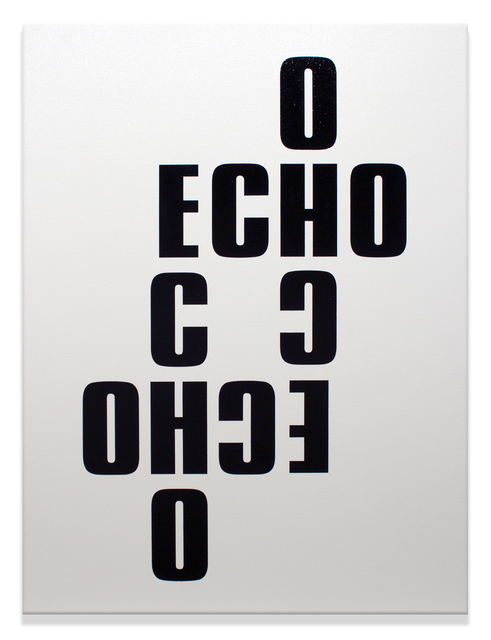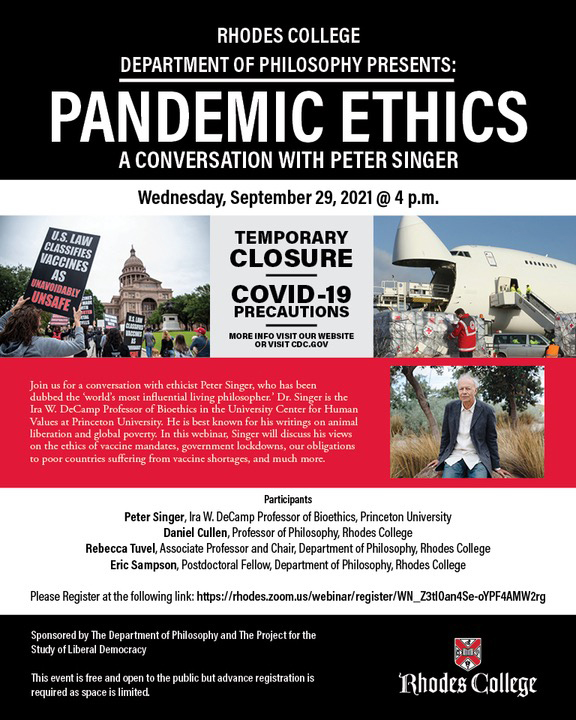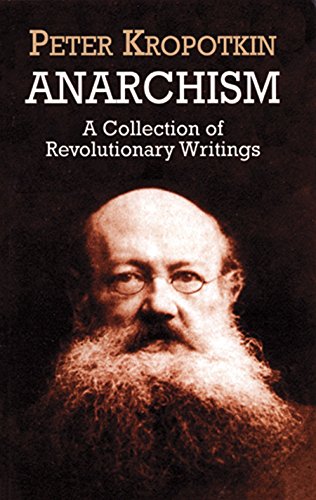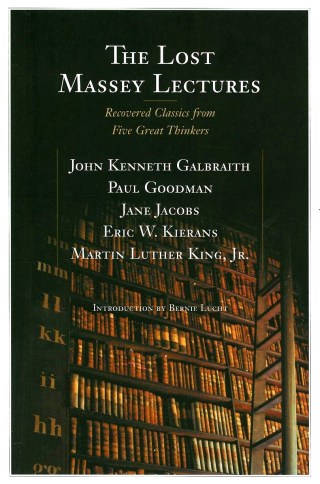Kay Rosen, “Echoes”

A study of papers published in academic science journals on the topic of “cave science” found that “papers containing higher proportions of jargon in their titles and abstracts were cited less frequently by other researchers.”
If we look at just the top 12 most cited articles, it does seem that more jargony titles are cited less. So: boo jargon. On the other hand, nearly half of the top 12 most cited articles have jargony titles. So: jargon, no big deal. That our conclusions about what we can learn from this little exercise depend so much on framing suggest that we probably ought to refrain from drawing conclusions until we have more, and more thorough, research on the matter.
Do philosophy papers that contain a higher proportion of jargon in their titles garner fewer citations?
Going with the higher counts of jargon, the distribution looks like this (left to right = higher citation counts to lower; jargony titles marked with an X).
| Authors | Article Title | Source Title | Times Cited (all WOS databases) | Publication Year |
| Clark, A; Chalmers, D | The extended mind | ANALYSIS | 2122 | 1998 |
| Rosenthal, DM | 2 Concepts of Consciousness | PHILOSOPHICAL STUDIES | 327 | 1986 |
| McGinn, C | Can We Solve the Mind Body Problem? | MIND | 303 | 1989 |
| Gallagher, S | The Practice of Mind – Theory, simulation or primary interaction | JOURNAL OF CONSCIOUSNESS STUDIES | 297 | 2001 |
| Haggard, P; Libet, B | Conscious intention and brain activity | JOURNAL OF CONSCIOUSNESS STUDIES | 295 | 2001 |
| Rupert, RD | Challenges to the hypothesis of extended cognition | JOURNAL OF PHILOSOPHY | 272 | 2004 |
| Lutz, A; Thompson, E | Neurophenomenology – Integrating subjective experience and brain dynamics in the neuroscience of consciousness | JOURNAL OF CONSCIOUSNESS STUDIES | 270 | 2003 |
| Thompson, E | Empathy and consciousness | JOURNAL OF CONSCIOUSNESS STUDIES | 217 | 2001 |
| Pitt, D | The phenomenology of cognition, or, What is it like to think that P? | PHILOSOPHY AND PHENOMENOLOGICAL RESEARCH | 201 | 2004 |
| Clark, A; Toribio, J | Doing Without Representing | SYNTHESE | 195 | 1994 |
| Schwitzgebel, E | The Unreliability of Naive Introspection | PHILOSOPHICAL REVIEW | 189 | 2008 |
| Zahavi, D | Beyond empathy – Phenomenological approaches to intersubjectivity | JOURNAL OF CONSCIOUSNESS STUDIES | 184 | 2001 |
| Di Paolo, E | Extended Life | TOPOI-AN INTERNATIONAL REVIEW OF PHILOSOPHY | 184 | 2009 |
| Thompson, E; Stapleton, M | Making Sense of Sense-Making: Reflections on Enactive and Extended Mind Theories | TOPOI-AN INTERNATIONAL REVIEW OF PHILOSOPHY | 180 | 2009 |
| Sterelny, K | Minds: extended or scaffolded? | PHENOMENOLOGY AND THE COGNITIVE SCIENCES | 170 | 2010 |
| Chalmers, DJ | The Singularity A Philosophical Analysis | JOURNAL OF CONSCIOUSNESS STUDIES | 168 | 2010 |
| Wilson, D; Sperber, D | Truthfulness and relevance | MIND | 169 | 2002 |
| Putnam, H | Sense, Nonsense, and the Senses: an Inquiry into the Powers of the Human Mind (Dewey Lecture 1 – The Antinomy of Reason) | JOURNAL OF PHILOSOPHY | 148 | 1994 |
| Dreyfus, HL | The return of the myth of the mental | INQUIRY-AN INTERDISCIPLINARY JOURNAL OF PHILOSOPHY | 152 | 2007 |
| Burge, T | Intellectual Norms and Foundations of Mind | JOURNAL OF PHILOSOPHY | 145 | 1986 |
| Sutton, J; Harris, CB; Keil, PG; Barnier, AJ | The psychology of memory, extended cognition, and socially distributed remembering | PHENOMENOLOGY AND THE COGNITIVE SCIENCES | 144 | 2010 |
| Makinson, D; Van der Torre, L | Input/output logics | JOURNAL OF PHILOSOPHICAL LOGIC | 138 | 2000 |
| Menary, R | The holy grail of cognitivism: a response to Adams and Aizawa | PHENOMENOLOGY AND THE COGNITIVE SCIENCES | 133 | 2010 |
| Bennett, K | Why the exclusion problem seems intractable, and how, just maybe to tract it | NOUS | 126 | 2003 |
| OConnor, T | Emergent Properties | AMERICAN PHILOSOPHICAL QUARTERLY | 127 | 1994 |
| Noe, A; Thompson, E | Are there neural correlates of consciousness? | JOURNAL OF CONSCIOUSNESS STUDIES | 124 | 2004 |
| Schwitzgebel, E | Acting Contrary to Our Professed Beliefs, or the Gulf between Occurrent Judgment and Dispositional Belief | PACIFIC PHILOSOPHICAL QUARTERLY | 116 | 2010 |
| Knobe, J; Prinz, J | Intuitions about consciousness: Experimental studies | PHENOMENOLOGY AND THE COGNITIVE SCIENCES | 116 | 2008 |
| Chalmers, DJ | Does a rock implement every finite-state automaton? | SYNTHESE | 112 | 1996 |
| Hill, CS | Imaginability, conceivability, possibility and the mind-body problem | PHILOSOPHICAL STUDIES | 108 | 1997 |
| Dennett, DC | Who’s on first? Heterophenomenology explained | JOURNAL OF CONSCIOUSNESS STUDIES | 108 | 2003 |
| Williamson, T | Philosophical ‘intuitions’ and scepticism about judgement | DIALECTICA | 103 | 2004 |
| Gallagher, S | Phenomenology and experimental design – Toward a phenomenologically enlightened experimental science | JOURNAL OF CONSCIOUSNESS STUDIES | 105 | 2003 |
| Gallagher, S | Inference or interaction: social cognition without precursors | PHILOSOPHICAL EXPLORATIONS | 98 | 2008 |
| Kleingeld, P | Kant’s second thoughts on race | PHILOSOPHICAL QUARTERLY | 97 | 2007 |
| O’Regan, JK; Noe, A | What it is like to see: A sensorimotor theory of perceptual experience | SYNTHESE | 96 | 2001 |
| Stoljar, D | Two conceptions of the physical | PHILOSOPHY AND PHENOMENOLOGICAL RESEARCH | 97 | 2001 |
| Lepore, E; Loewer, B | Mind Matters | JOURNAL OF PHILOSOPHY | 98 | 1987 |
| Thomasson, AL | Realism and human kinds | PHILOSOPHY AND PHENOMENOLOGICAL RESEARCH | 100 | 2003 |
| Clark, A | Pressing the flesh: A tension in the study of the embodied, embedded mind? | PHILOSOPHY AND PHENOMENOLOGICAL RESEARCH | 95 | 2008 |
| Colombetti, G | Appraising valence | JOURNAL OF CONSCIOUSNESS STUDIES | 92 | 2005 |
| Kriegel, U | Consciousness as intransitive self-consciousness: Two views and an argument | CANADIAN JOURNAL OF PHILOSOPHY | 93 | 2003 |
| Clark, A | Intrinsic content, active memory and the extended mind | ANALYSIS | 90 | 2005 |
| Tucker, C | Why Open-Minded People Should Endorse Dogatism | PHILOSOPHICAL PERSPECTIVES | 89 | 2010 |
| Van Gulick, R | Reduction, emergence and other recent options on the mind/body problem – A philosophic overview | JOURNAL OF CONSCIOUSNESS STUDIES | 93 | 2001 |
| Noe, A | Is the visual world a grand illusion? | JOURNAL OF CONSCIOUSNESS STUDIES | 89 | 2002 |
| Thagard, P | Brain and the Meaning of Life | BRAIN AND THE MEANING OF LIFE | 87 | 2010 |
| Vermersch, P | Describing the Practice of Introspection | JOURNAL OF CONSCIOUSNESS STUDIES | 82 | 2009 |
| Sloman, A; Chrisley, R | Virtual machines and consciousness | JOURNAL OF CONSCIOUSNESS STUDIES | 84 | 2003 |
| Leslie, SJ | Generics and the Structure of the Mind | PHILOSOPHICAL PERSPECTIVES | 81 | 2007 |

I took a quick, unscientific look at the question. I used Web of Science to search for articles on “mind” or “consciousness” published in philosophy journals from 1980 to 2010 to see which are the most cited. (I picked mind/consciousness because that’s an area of research that a range of scholars who aren’t philosophers also work and it does have its share of jargon.) Below are the top 50 results. There are probably better ways to do this, but this was relatively easy; feel free to suggest alternative methods, or even better, just do them and share your results in the comments.
We might wonder about the degree to which philosophy is subject to “Wittgensteinian shortfall.” To figure that out, we’d need to produce distinct citation counts based on citatations of articles in philosophical works and in non-philosophical works. It would be useful to hear if anyone is working on that or related matters.
The authors of the cave science study think that the use of jargon risks hampering communication across different disciplines, a phenomenon they dub “Wittgensteinian shortfall”:
In general, philosophy has a high rate of uncited publications. If jargon is a contributing factor to that, it would be good to find out.
In the next ten (11-20) we see jargon (such as “naive introspection,” “intersubjectivity,” “enactive”, and “extended cognition”) in four of the titles. Looking at the middle ten (21-30), we get more jargon, such as “socially distributed remembering”, “input/output logics”, “cognitivism”, “the exclusion problem”, and “finite-state automaton.” One article has a non-jargony title, “Acting Contrary to Our Professed Beliefs” but a jargony subtitle, “the Gulf between Occurrent Judgment and Dispositional Belief.” That gives us 5 or 6 articles with jargon in their titles. In the next set (31-40) we get 3 (“heterophenomenology,” “phenomenology,” “precursors”). Turning to the 41 through 50 on the list, jargon includes “valence,” “intransitive self-consciousness”, “intrinsic content”, “generics,” and possibly “reduction,” getting us 4 or 5 titles with jargon.
Related: “Biting the Bullet”: A Note on Style from Caspar Hare
Not without irony, we would like to conclude by introducing a new jargon ourselves: the ‘Wittgensteinian shortfall’. Since words are tools to communicate ideas, let this obscure combination of terms be used to raise awareness of the problems previously discussed by associating the philosophical ideas of the late Wittgenstein with the shortfall metaphor frequently used in used in ecology. We define the Wittgensteinian shortfall as the inability to successfully communicate specific ideas across different scientific communities. These different communities could thus be seen as characterized by different language games.
The most cited article on the list, by a mile, is “The Extended Mind,” which I think counts as sufficiently non-jargony. It seems we don’t begin to see clear jargon showing up in the titles until the 7th-most cited article on the list, which contains the word “neurophenomenology.” Someone might ask, what about “extended cognition” in the title of the 6th-most cited article? Does our jargon criteria put “extended mind” on one side of the divide and “extended cognition” on the other? I don’t know. In the title at #9 we have the phrase “phenomenology of cognition,” which rings jargony to my ears. So among the top ten most cited articles on the list, we have 2 or 3 that have jargon in their titles.
The study, “Specialized terminology reduces the number of citations of scientific papers,” by Alejandro Martínez and Stefano Mammola (both of the Water Research Institute at the National Research Council, Verbania Pallanza, Italy) focused on cave science because, according to a New York Times article about the study, “cave science is a particularly jargon-heavy field” that attracts researchers from a range of fields, like anthropology, ecology, geology, and zoology, “each of whom brings their own terminology.”
What can we learn from this, if anything? It’s hard to say. In part this is because of the nature of the sample, which is small, and because I only scanned the titles of the articles for jargon, not the abstracts. (It would be great if someone wanted to approach this more carefully!) Additionally, there is some ambiguity as to what counts as jargon. Sometimes “jargon” is used to refer not just to unfamiliar words/phrases but also to familiar words/phrases used in technical ways or as “terms of art.”






